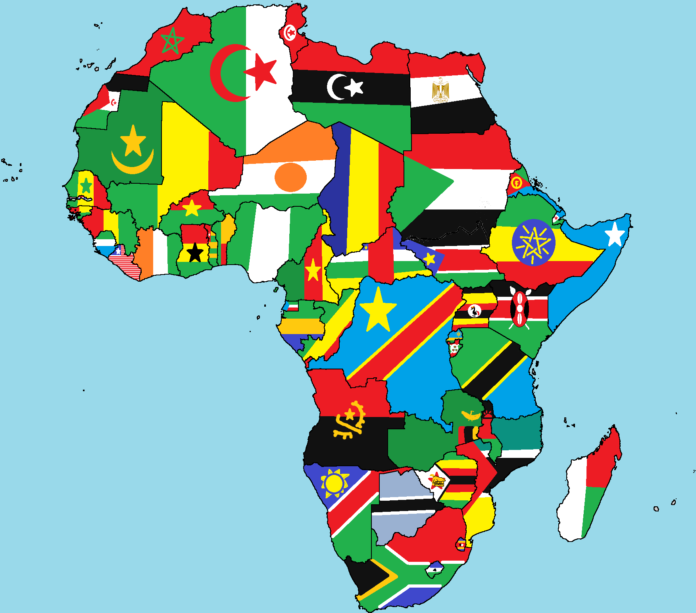Africa is a bit of an anomaly as far as agriculture is concerned. On the one hand, it has 65% of the world’s available uncultivated arable land, and it has the potential to feed the world. However, a country such as the Democratic Republic of the Congo (DRC), which has the potential to feed Africa’s 1.2 billion people, struggles to feed its own population of about 70 million.
On the other hand, the continent is a net importer of food to the tune of US$41 billion annually. This figure is set to grow to $110 billion by 2025 should nothing change. We also find that the average age of farmers in Africa is about 63 years, and 85% of farming activity takes place on smallholder plots of 2-3 hectares each. At the same time, the youth of Africa are fed-up with the poverty of their parents, who are struggling within the agriculture sector, and are migrating from the rural areas to the cities in the hope of finding a better paying job. Unfortunately, most of them end up unemployed and disillusioned, living in squalor in shacks made of corrugated iron and wood. Those that can, migrate to Europe and elsewhere.
We also find that about 60% of Africa’s population is employed in agriculture, but the contribution of the sector to GDP is at about 25%, on average.
There are various reasons for the low productivity of the agricultural sector in Africa. The size of the smallholder plots, as mentioned, places constraints on the size of the harvest. In addition, the lack of modern irrigation techniques, poor road and rail infrastructure, lack of knowledge of modern farming practices, lack of knowledge of market needs and marketing per se, lack of financing, old age of farmers, lack of political will to bring about meaningful change, poor supply chain channels (including the absence of cold chain facilities) and high post-harvest losses all contribute towards the unacceptably high food import figure. Populist policies of governments pulling out all stops to remain in power have contributed towards this situation.
There is therefore a strong motivation to industrialise and commercialise agriculture. The sector needs to increase its productivity, and to attract the youth back into the sector by increasing the image thereof and making it appear to be “sexy” for the youth. Currently, when they do get involved in the sector, it is at the sexy part of the value chain, i.e. marketing and sales, and not at the coal face on the farms.
According to the African Development Bank (AfDB), Africa has the world’s youngest population. Sixty percent of its 1.2 billion people are under 25 – but only 3 million jobs are created for some 12 million young people who enter the workforce each year. While developed nations turn to robots, blockchain, artificial intelligence and machine learning to solve agricultural challenges, simple, mobile phone-based offerings could produce great results in Africa.
Digital technologies are increasingly being embraced to make farming more interesting. These technologies can be transformational for Africa. Amongst others, there is an increasing need for farmers to access real-time information as climate change brings erratic weather, making traditional knowledge on planting seasons unreliable.
An increasing number of technology initiatives in the agriculture sector are becoming available. Technology is making it easier to get involved in the various sub-sectors of the agriculture industry, as an investor, a supplier, a farmer and as the market. These initiatives, it is hoped, will help the farmers to address many of the challenges and constraints they are currently experiencing. It is also hoped they will attract the youth and entice them to move back into the sector. Below are a number of initiatives that are based on digital technology, all with the aim of supporting the farmers of Africa in various ways.




